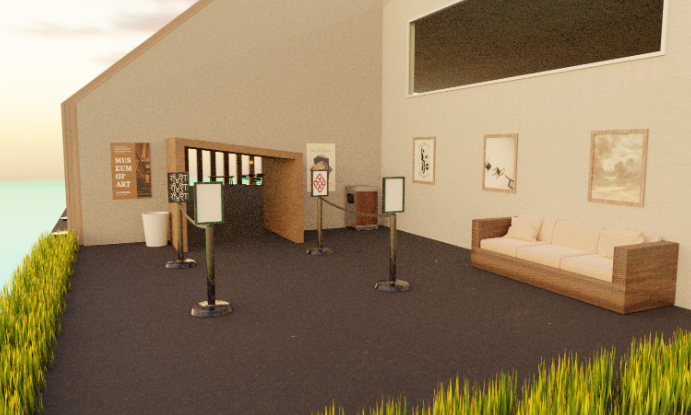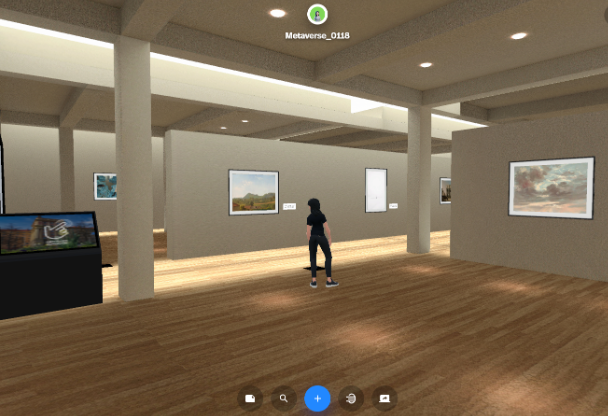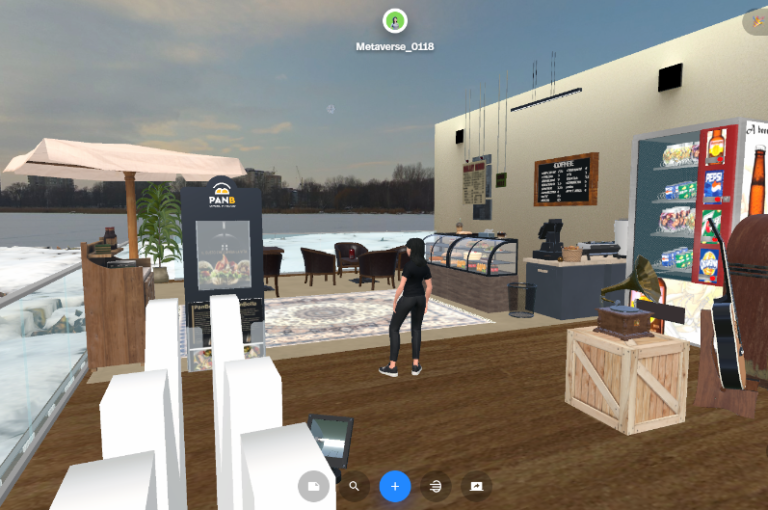
The Metaverse is an innovative platform that leverages virtual reality technology to enhance the learning experience of students. With its ability to create immersive, interactive, and engaging environments, the Metaverse can provide a more effective and efficient learning experience for students.
The Metaverse is an exciting new technology that has the potential to change the way students learn and interact with their educational content. This platform creates immersive, three-dimensional environments that allow users to interact with objects, people, and environments in a way that is not possible with traditional learning methods.
By simulating real-world scenarios, the Metaverse can provide students with a hands-on learning experience that is not possible in traditional classroom settings. This technology allows students to explore and interact with virtual objects, environments, and people, which can significantly enhance their understanding of complex concepts.
One of the key benefits of the Metaverse is its ability to provide students with a hands-on learning experience. By simulating real-world scenarios, students can learn by doing, experimenting, and making mistakes in a safe and controlled environment. For example, medical students can use virtual reality simulations to practice surgical procedures or diagnose complex medical cases. Similarly, engineering students can use the platform to design and test complex structures or systems.


Moreover, the Metaverse enables collaboration and communication among students and instructors from anywhere in the world. This can facilitate remote learning and break down geographical barriers, providing opportunities for students to learn from experts and peers around the globe.
Another advantage of the Spatial Metaverse is its ability to enhance collaboration and communication among students and instructors. The platform allows users to connect with one another in real-time, regardless of their geographical location. This can facilitate remote learning, allowing students to participate in classes, discussions, and collaborative projects from anywhere in the world.
The Spatial Metaverse can also promote inclusivity and accessibility in education. For example, students with disabilities or mobility issues may find it easier to participate in virtual reality simulations than in traditional classroom settings. Additionally, the platform can provide opportunities for students from different backgrounds and cultures to connect and learn from one another.
Overall, the Metaverse has the potential to revolutionize the way students learn and acquire knowledge, making learning more engaging, accessible, and inclusive.
